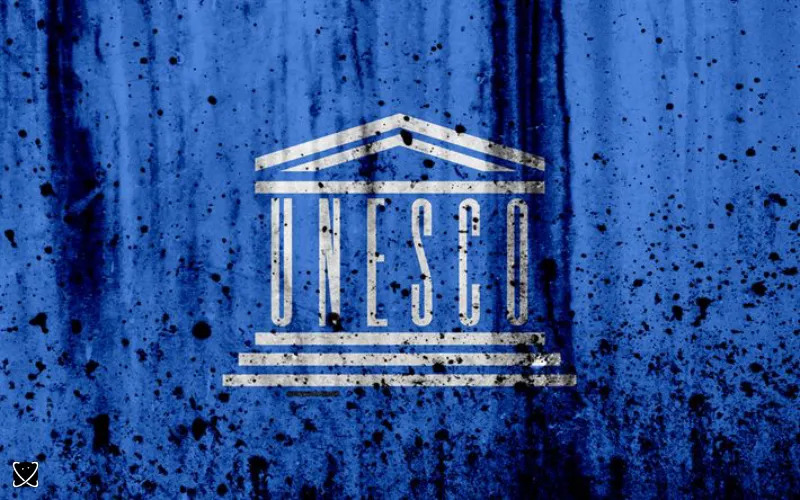UNESCO has unveiled its inaugural set of guidelines regarding the use of Generative AI (GenAI) in education, emphasizing the necessity for governmental oversight, data privacy protection, and the implementation of age restrictions.
Since its launch by Microsoft-backed OpenAI in November, GenAI's ChatGPT has rapidly ascended to become the world's most popular educational tool, triggering the emergence of competitors like Google's Bard.
Students have enthusiastically embraced GenAI for its ability to effortlessly generate a wide range of content, from essays to complex mathematical solutions, with just a few prompts.
Stefania Giannini, assistant director-general for education, expressed concern, saying, "We are struggling to align the speed of transformation of the education system with the rapid advancements in these machine learning models. In many cases, governments and schools are adopting a profoundly unfamiliar technology, even as leading technologists admit to not fully understanding it."
Among the key recommendations outlined in a comprehensive 64-page report, UNESCO highlighted the importance of government-sanctioned AI curricula for both traditional and vocational education.
UNESCO stressed, "GenAI providers must be held accountable for upholding core values and lawful purposes, respecting intellectual property, adhering to ethical standards, and curbing the dissemination of disinformation and hate speech."
Additionally, UNESCO called for safeguards against GenAI's use when it could hinder learners' opportunities to develop cognitive skills and social competence through real-world observations, empirical experiments, human discussions, and independent logical reasoning.
While China has already established regulations for GenAI, the European Union's AI Act is expected to be ratified later this year. Many other countries lag behind in crafting their own AI legislation.
UNESCO also aimed to protect the rights of educators and researchers and preserve the integrity of their work when employing GenAI in educational settings.
